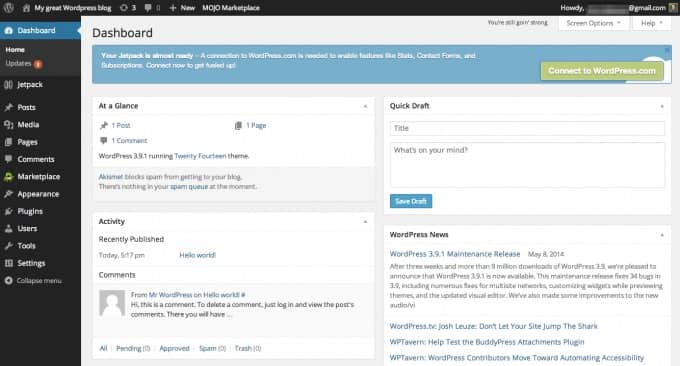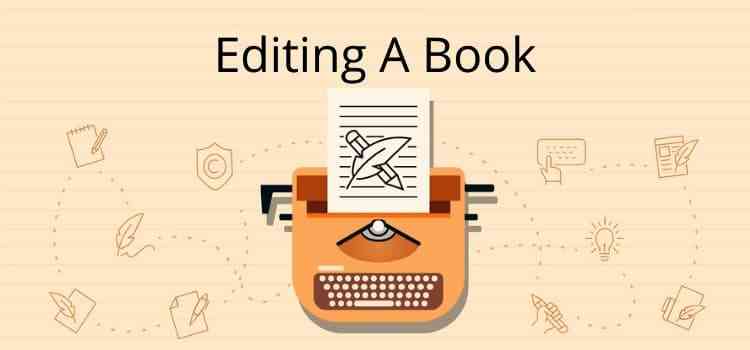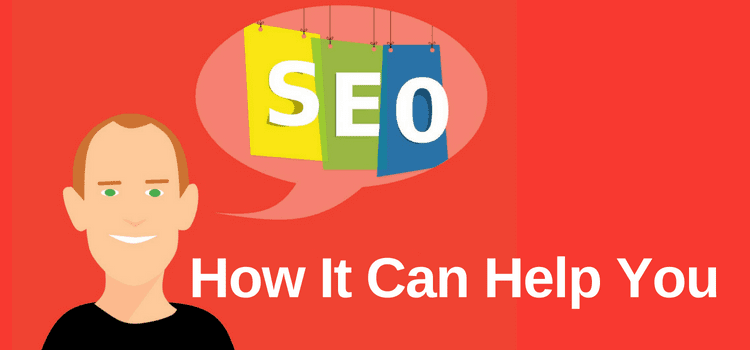
Content marketing for authors is about creating and publishing plenty of content not directly related to your books.
You can use blog posts, articles, videos, podcasts, emails, newsletters, or social media posts.
The aim is to increase visibility and build your author brand.
When you regularly publish valuable, relevant, and consistent content, generating leads for your books is the byproduct.
Working towards book discovery
The days of succeeding at selling ebooks with a few Facebook and Twitter posts and a free author website are well and truly over.
After you publish your book and tell all your Facebook friends and Twitter followers about your book over and over again, that’s the end of your book marketing reach. And perhaps even the end of a few friendships.
To succeed in selling more books now, you need to continually find new readers, who can then discover your books.
The way to do this is with content marketing for authors.
Selling ebooks starts with content marketing
In simple terms, content marketing for authors means you want to attract a lot of people to well-written and informative posts by having search engines index your content.
It is almost always in the form of articles posted on a self-hosted blog.
Organic traffic potential is virtually unlimited and free, which is why content marketing is so powerful.
However, search engine indexing of free blogs such as Blogger, WordPress (Free), and Tumblr is not as effective.
They are not the best means of attracting search traffic and increasing brand awareness of your books. Most authors who are serious about content marketing usually migrate to a self-hosted WordPress site.
Your blog must be on-topic
The key to successful content marketing is to decide on your blog’s subject. Narrowly focused blogs work best because they establish you as an authority on your topic.
A blog with posts covering a multitude of topics, or worse, rants, will fail miserably.
Blog readers want good advice, information, and, most importantly, solutions to their problems.
If you think about this for a second, most people use search engines to find a solution to a problem.
They often type a question such as, how do I open a coconut? How to convert Word to Epub? Or how can I sell more ebooks?
You probably do the same thing yourself. With this knowledge, you have the first clue to a successful content marketing strategy for authors.
Creating content that answers questions and informs will attract search traffic to your blog. If you are focused on creating a valuable resource for readers, you are heading in the right direction.
Know your target audience and create every piece of content with the aim that it will be of value to them.
Another reason to use a self-hosted blog is that there are many tools, functions, free plugins, and, most importantly, money-making opportunities.
These can offset the small investment you will need to make in launching your blog.
Free blog sites use advertising to fund their platforms.
Why not do the same yourself and have complete control and freedom over your blog and its income potential?
Even a relatively new blog with modest traffic can usually earn enough from Google Adsense alone to cover the annual hosting costs of a self-hosted blog.
In my case, this monthly revenue consistently exceeds my book royalty payments.
How to get started with WordPress
Without a doubt, WordPress is the number one blogging and website creation platform.
However, it can be a learning curve for those new to WordPress, especially when it comes to undertaking the initial installation.
The easiest way to get up and running with WordPress is to use a host that does all the hard work for you and can automate your installation.
Most of the top web hosting providers now offer a one-click install of WordPress when you sign up for a new hosting account. This makes it easy to get started.
When your installation is complete, you have your WordPress site.

The next step is to choose your blog’s theme.
While WordPress supplies a free theme, thousands of other free themes are available. However, many have limitations, or worse, are a bit buggy.
Choosing a top-quality professional, responsive theme that will work and look great on all devices is always the best option.
Remember that what might look great on a laptop could look awful on a smartphone.
Over 50% of people access the Internet on smartphones now, so having a responsive mobile site is vitally important.
Now that your new site is installed and looks beautiful, it’s time to start blogging and learning how to leverage your content to acquire traffic.
Learning how to use WordPress
The best place to learn about using WordPress is WP-Beginner, a site dedicated to learning how to use, problem-solve and make the most out of WordPress.
There are hundreds of other sites that offer WordPress help and advice. A quick Google search will almost always find the answers to your questions.
Regarding functionality with WordPress, I regard a few plugins as essential tools. Here is my little top 5 list.
Yoast. Whenever you start a blog, you definitely need an SEO plugin. They are essential to help you rank on search engines. Yoast is one of the best free SEO solutions.
You can choose others, but I prefer the simplicity of Yoast. However, most SEO plugins will help you rank better for your blog posts and articles.
GA Google Analytics. This plugin lets you track your site using your Google Analytics. It makes the task of adding the necessary code to your site very easy.
Updraft Plus. It is the very first plugin I install on a new site. It is a professional backup plugin that automatically stores your WordPress site backups to an external location such as Google Drive or Dropbox.
Grammarly. It is not a plugin, but the browser extension works seamlessly with the WordPress editor.
It is a premium grammar check that will ensure that your text content is of a high standard.
Akismet. Spam is always an issue, but this free plugin solves most comment spam problems.
Plugins for almost any idea you have
Many more plugins can add practically limitless functionality to your WordPress website.
It’s up to your imagination as to how best to use your site to leverage your content marketing and attract new potential readers and buyers of your books.
Apart from everything I have listed above, the essential element in successful blogging and content marketing is to write and publish high-quality content.
Look at a few blogs in your subject area and see what they are doing. You could even consider adding video content.
Content marketing is about providing 95% of valuable information and 5% about marketing your books or other products.
However, you will be surprised how effective your content marketing efforts can be when it comes to finding new readers and selling more books.
I made the change to my self-hosted WordPress websites many years ago, and I have never looked back.
Sure, the first few months were a learning curve.
But once I grasped the basics and learned that great content wins anytime over any SEO tricks in getting indexed in search engines, I was up and running.
My blogs have become an extension of my writing. I now enjoy them almost as much as writing a new book.
Conclusion
As you can see from the content of this post, it is an example of content marketing.
I have included a few links to useful resources, but there is no mention of my books.
This article runs to around 1,400 words, which is about the right length for an informative article on any subject.
It also obeys the 95% rule. It means that although I have added some links, this article is primarily informative.
Well, at least, I hope it is.
Good luck with your move to a self-hosted website and using content marketing for authors to boost your book sales and discover other side income streams possible from blogging.
Related reading: Easy Ways You Can Improve An Online Article




WordPress is definitely a good avenue for a blog. It is also easy to use and manipulate so you can easily customize your blog in whatever way you want it to appear to your audiences. Now, let’s talk about content marketing. Self publishing means you need to shoulder all the publication fees for your book. Thus, the need for extensive marketing to be able to have ROI. The stakes are very high if you are self-publishing so you need a good blog to market your product.
This is a wonderful article. Content marketing is by far one of the most effective ways of finding, gathering, and engaging your audience. It’s all about giving them as much value, while keeping them engaged enough to buy your book. I write about marketing in the publishing industry and cover this topic extensively. My new book is focused primarily on content marketing, so naturally, this article caught my eye. .
Many authors struggle with getting their name out their, but they fail to give readers a reason to listen to them. Why should you as a reader listen to a guy who is throwing a book in your face and screaming “buy me?”
By creating engaging content that puts our brand in focus, we establish authority, credibility, and authenticity that allows us to create a relationship with the reader.
This is a wonderful post. I’m loving what you’re doing with your website!
Thank you, Andrew. I am happy to hear that you enjoy my blog, and for the compliment! And you are so right about giving readers a reason to listen.